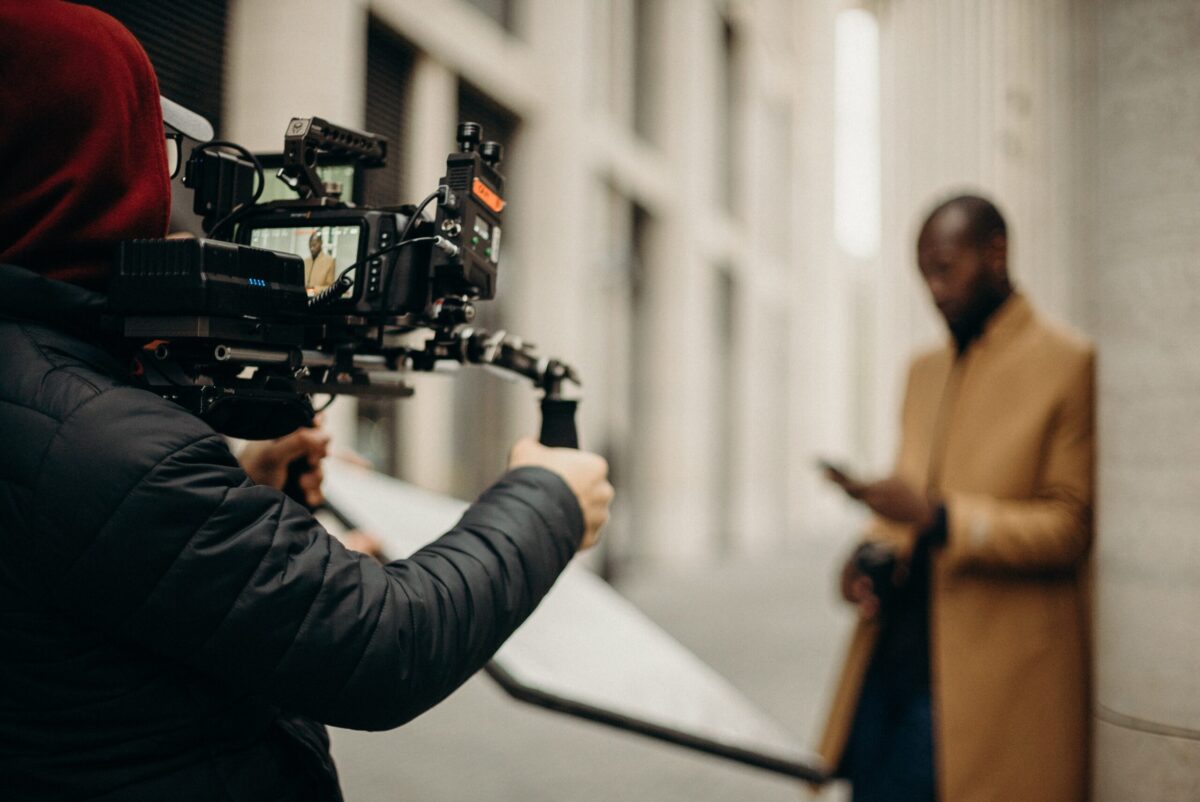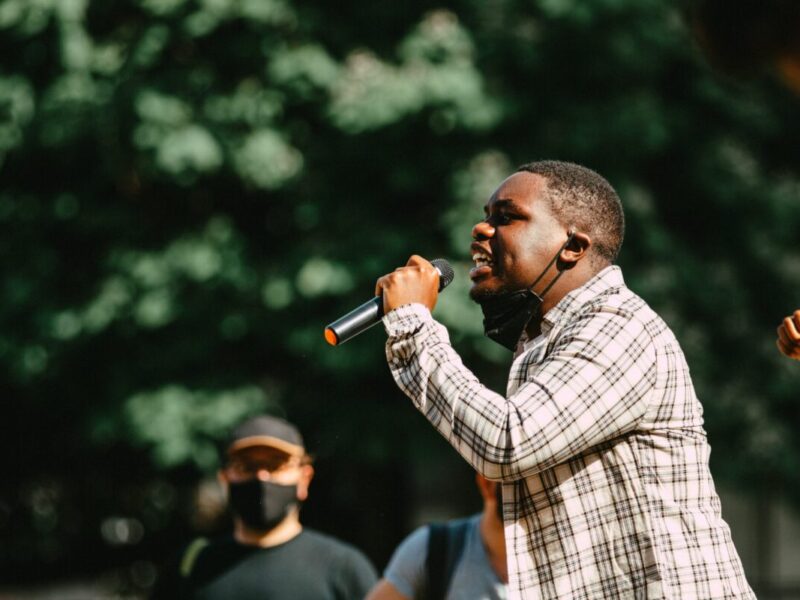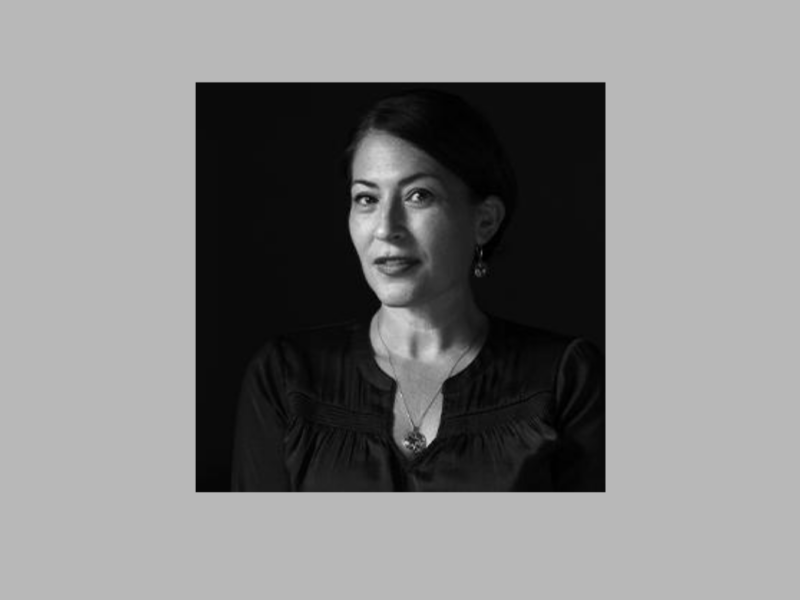Iconic Interviews with 6 Historical Poets
It’s one thing to read a poet’s work, and it’s another to hear their voice. It can be illuminating to listen to your favorite poet’s tone and cadence, and just as exciting to hear their perspective on literature, society, and culture. Don’t miss these 11 interviews with iconic poets of the past. Their recordings may be a piece of history, but their impact on the poetry landscape can still be seen today.
Ezra Pound (1885–1972)
One of the central figures in early modernist poetry, Ezra Pound, helped develop imagism. Imagism stresses precision and concision in language. Pound’s work later influenced writers like T. S. Eliot and James Joyce. This 1959 interview with Pound presented by BBC shows Pound in his 1958 Italy home. “There can be no literature without curiosity,” he says.
Gwendolyn Brooks (1917–2000)
Best known as the first African American to win a Pulitzer Prize, poet, author, and teacher Gwendolyn Brooks had a long and prolific career. Brooks served as the Poet Laureate of Illinois in 1968, and the U.S. Poet Laureate in 1985. Then in 1976, she was the first African American woman inducted into the American Academy of Arts and Letters. This 1986 interview with Gwendolyn Brooks was conducted by Alan Jabbour, director of the Library of Congress’s American Folklore division, and E. Ethelbert Miller, poet and director of the African American Resource Center at Howard University.
John Ashbery (1921–2017)
Renowned poet and critic John Ashbery published more than 20 volumes of poetry during his career. His surreal and complex style made him as iconic as he was controversial. This interview with John Ashbery conducted by Time Magazine took place just after he won the National Book Award for his collection Self-Portrait in a Convex Mirror, which also later won a Pulitzer Prize.
Frank O’Hara (1926–1966)
A leader of the New York School poets, Frank O’Hara is known for poetry inspired by music, dance, and painting. His humorous, ironic, and urbane work delighted and inspired readers, and pushed the boundaries of what was considered “academic” at the time. This interview with Frank O’Hara and Ed Sanders was produced by NET and conducted in O’Hara’s New York workshop.
Anne Sexton (1928–1974)
Known for her confessional style of writing, Anne Sexton wrote about deeply personal and—at the time—taboo subjects like mental illness, sex, and womanhood. Her honesty, emotion, and exploration of the human experience have influenced generations of poets. This interview with Anne Sexton presented by NET offers an opportunity for viewers to hear her reading and learn about how she began writing.
Maya Angelou (1928–2014)
American memoirist, poet, and civil rights activist Maya Angelou has arguably one of the most iconic voices in poetry. Her unique cadence and style of speaking bring a whole new dimension to her work. Although she is best known for her autobiographies, her poetry career was incredibly successful. This BBC interview with Maya Angelou was filmed in 1998. Despite many attempts to ban her books in some U.S. libraries, her work is taught in schools and universities across the globe.




